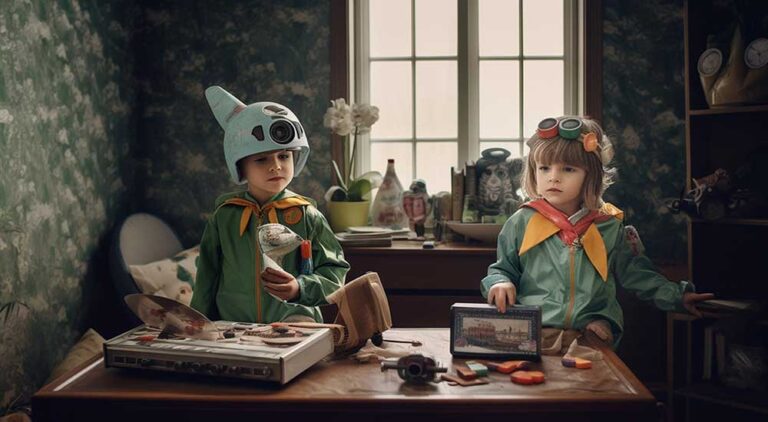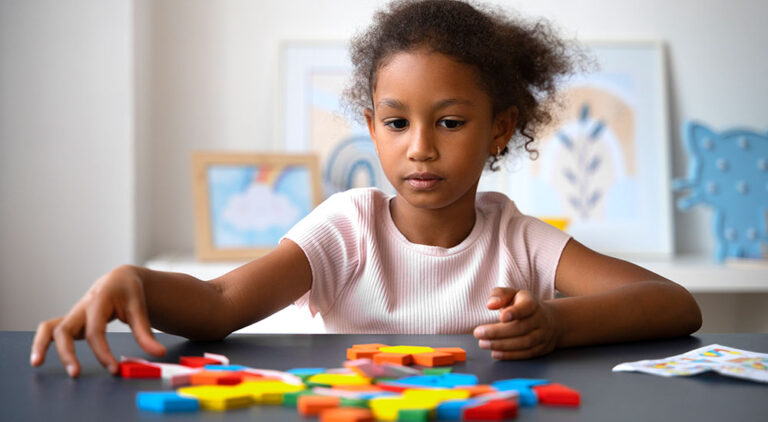Do your emotional responses need attention?
If we were giving one encouragement to parents, it would be to deliberately choose your emotional disc, your alignment with who you really are – and then talk to your kids. Don’t let the subject at hand be the reason for choosing your emotional disc. Don’t let the fact that they have misbehaved or disobeyed be the reason that you feel the way you do.” This excerpt from the book Co-Creating at Its Best: A Conversation Between Master Teachers, is the basis of today’s topic.
 Parenting is a journey of growth – for the child and the parent. And you’ll probably discover that your emotional responses need attention. Adjusting your reaction before enforcing discipline creates a home environment where there is guidance rather than reaction. Empathy and mindfulness help support the values parents wish to instil in their children. A previous article highlights that mindfulness is being aware of – and alert in – every moment; and being sensitive to what is happening in one’s surroundings. This, with acceptance and without judgement.
Parenting is a journey of growth – for the child and the parent. And you’ll probably discover that your emotional responses need attention. Adjusting your reaction before enforcing discipline creates a home environment where there is guidance rather than reaction. Empathy and mindfulness help support the values parents wish to instil in their children. A previous article highlights that mindfulness is being aware of – and alert in – every moment; and being sensitive to what is happening in one’s surroundings. This, with acceptance and without judgement.
Before disciplining children, parents are advised to take a moment to check their emotions. Ask yourself whether you are ready to guide your child, or you are frustrated. Frustration causes impulsive reactions and when emotions run high, punishment can be overly harsh and unfitting for the behaviour being corrected. This can damage your parent-child relationship.
Children rely on their parents for discipline – and for emotional security. A parent who reacts in anger may create fear rather than understanding. This may lead your child to focus on avoiding punishment instead of learning from his/her mistakes. When parents pause to assess their emotional state before addressing misbehaviour, they demonstrate self-control and emotional intelligence. These are skills that children will remember and carry into adulthood.
As a parent, recognising your emotional triggers and knowing when they are responding from a place of frustration, rather than reason, is important for your relationship with your child – and for your child’s relationship with him/herself. Taking deep breaths, stepping away from the situation momentarily, or self-talk to process your emotions can help ease strong reactions. Ask yourself what lesson you want your child to learn rather than what you can try to correct immediately. This shifts the focus toward constructive discipline, and you can address your child’s behaviour thoughtfully. The conversation should be calm, ensuring your child understands what went wrong and why it matters. Giving clear and consistent consequences rather than hasty punishment leads to accountability without damaging the trust your child has in you.
Discipline should be guided by love and wisdom rather than frustration. Being patient and in control, parents teach children how to process their own emotions in a healthy way. This prepares them for responsible adulthood. Thoughtful discipline leads to an open and respectful household, where children feel safe learning from their mistakes.










